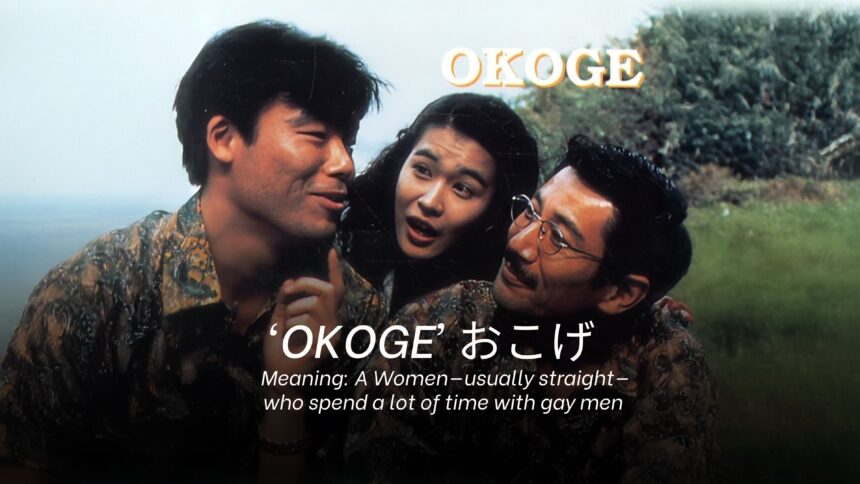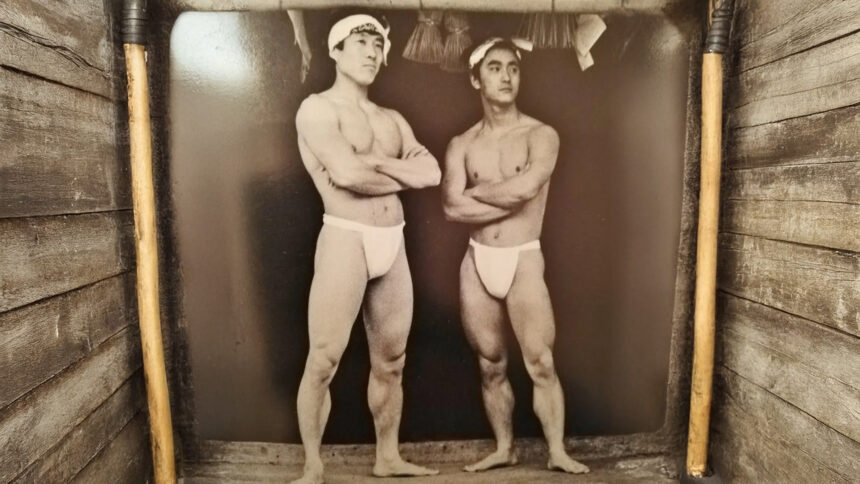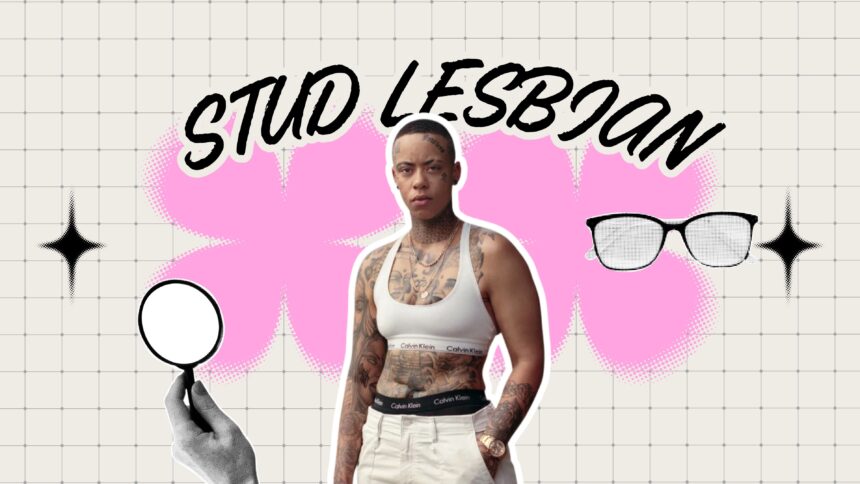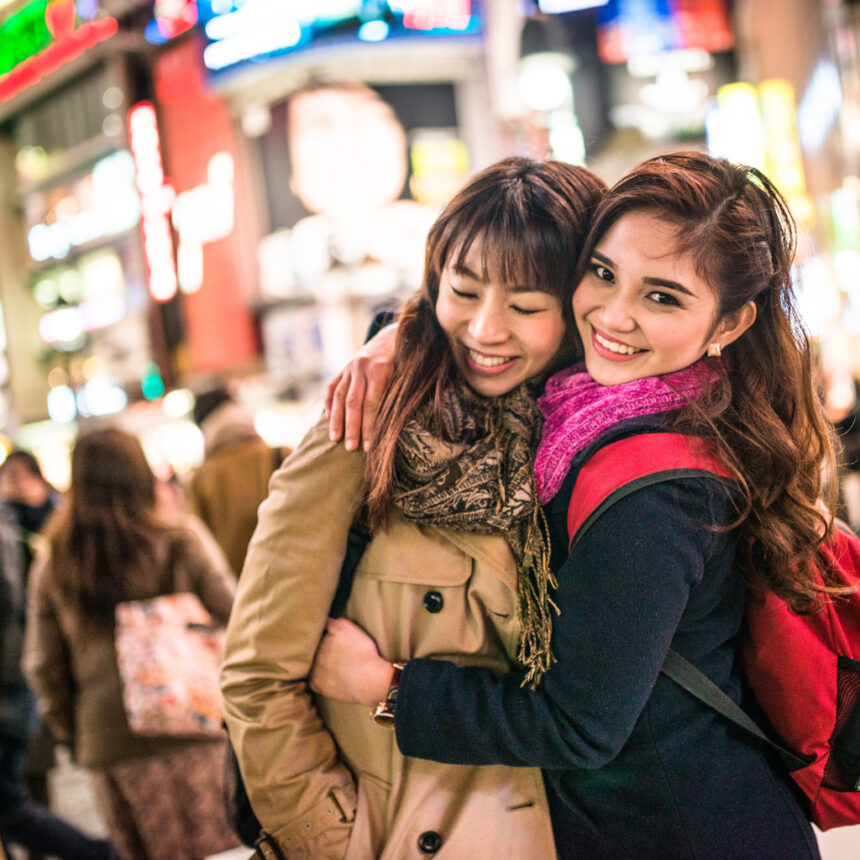In Japan’s LGBTQ+ community, language often carries layers of history and identity. One term that frequently appears is Okoge (おこげ). While it literally refers to the crispy, burnt rice at the bottom of a pot, in Japanese LGBTQ slang okoge has a very different meaning. The word is often used to describe women, usually straight, who spend much of their time with gay men or within queer social spaces.
What Does Okoge Mean in Japanese LGBTQ+ Slang
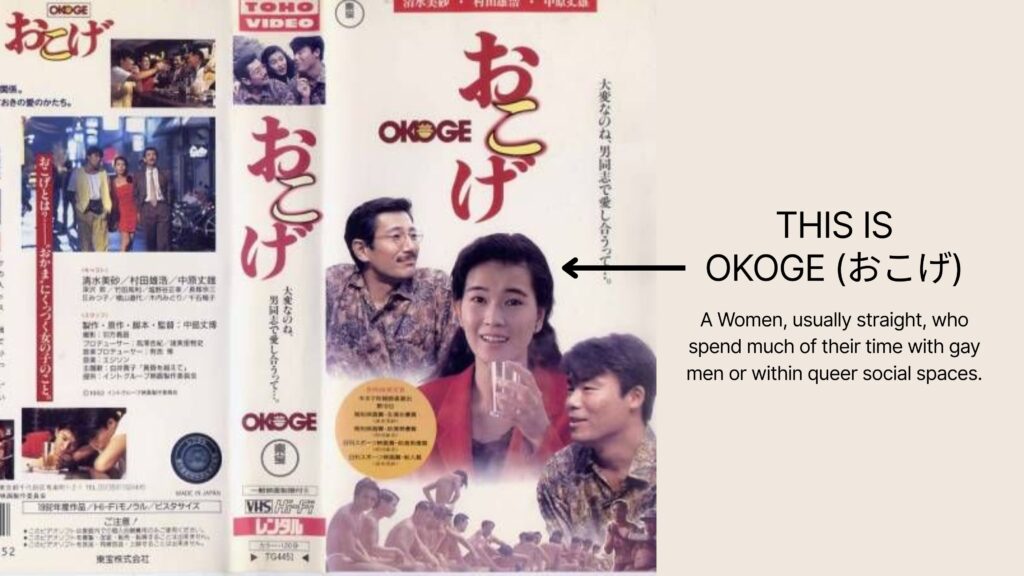
In Japanese LGBTQ+ slang, okoge is used to describe women—usually straight—who spend a lot of time with gay men. In English, you might hear the term “fag hag,” though okoge has its own cultural nuance. The idea comes from the image of burnt rice sticking to the bottom of a pan, just as these women are seen as “sticking” to gay communities.
While the term can sometimes be used affectionately, it has also been criticized for reinforcing stereotypes and positioning women as sidekicks in queer spaces.
Origins of the Word Okoge
The word’s origins date back to the 1980s and 1990s, when Japan’s gay nightlife in Shinjuku Ni-chome began to flourish. Women who frequently visited gay bars were labeled okoge. The metaphor of “sticking” rice quickly spread in queer slang, cementing the word’s place in Japanese LGBTQ+ vocabulary.
The term became more visible after the release of the 1992 film Okoge, which tells the story of a woman and her relationships with gay men. The movie gave mainstream audiences a glimpse into LGBTQ+ life in Japan and also made the slang term widely recognized.
Is Okoge Offensive?
Like many LGBTQ+ slang terms, whether okoge is offensive depends on context. Some women proudly embrace the label as a sign of closeness with gay communities, while others reject it for its patronizing tone.
Critics argue that it reduces women to stereotypes and reinforces a view of queer spaces as novelty experiences for straight allies. Supporters counter that, much like “fag hag” in English, reclaiming the word can give it a sense of pride and belonging.
In short, the term is complicated—while not always meant to insult, it can easily be taken the wrong way.
Okoge in Japanese Culture and Media

Over the years, the image of the okoge woman has appeared in TV dramas, films, and variety shows. These portrayals often lean into stereotypes: the supportive female friend who helps gay men navigate love, identity, or hardship, while her own story is pushed to the side.
In pop culture, this has created a mixed legacy. On one hand, okoge women are depicted as loyal allies; on the other, the label reduces them to supporting roles rather than recognizing them as complex individuals.
‘Okoge’ and Other Gender Identity Terms in Japan
To better understand okoge, it helps to see how it relates to other words in Japanese queer culture:
- Okama (おかま): Derogatory slang for effeminate gay men, widely discouraged today.
- Onabe (おなべ): Refers to AFAB (Assigned Female at Birth) individuals who present as male, often tied to nightlife culture.
- X-Gender (Xジェンダー): A modern identity term for people who identify outside the male-female binary, similar to “non-binary.”
- Onee (おねえ): Used to describe flamboyant, charismatic effeminate gay men, especially in media and entertainment.
- Nonke (ノンケ): A widely used term in Japan for heterosexual people, especially straight men. Often used in LGBTQ+ spaces to distinguish outsiders from queer circles.
Together, these terms show how Japanese society has created a spectrum of words around gender and sexuality—each carrying its own cultural history, level of respect, and controversy.
Conclusion
The term okoge began as a playful metaphor, but over time it has taken on deeper cultural and social meaning in Japan’s LGBTQ+ community. For some, it remains an affectionate label that reflects closeness with queer spaces. For others, it feels outdated or even dismissive. As Japan’s LGBTQ+ culture continues to grow and change, so does its language—moving toward expressions that feel more inclusive and respectful of diverse identities.
